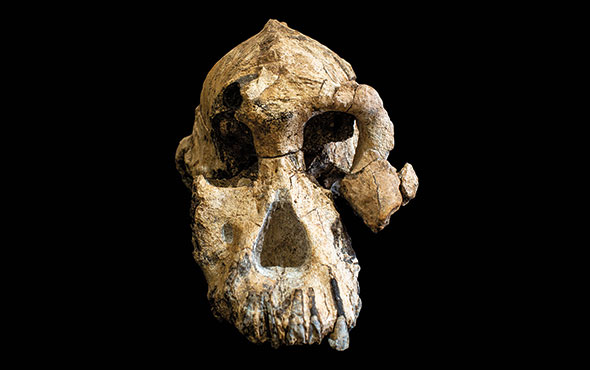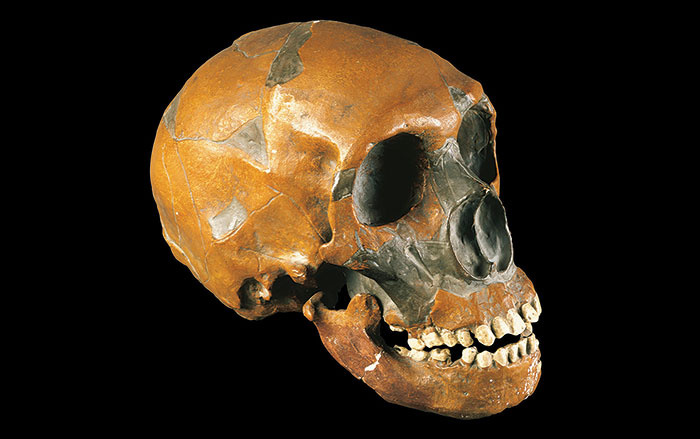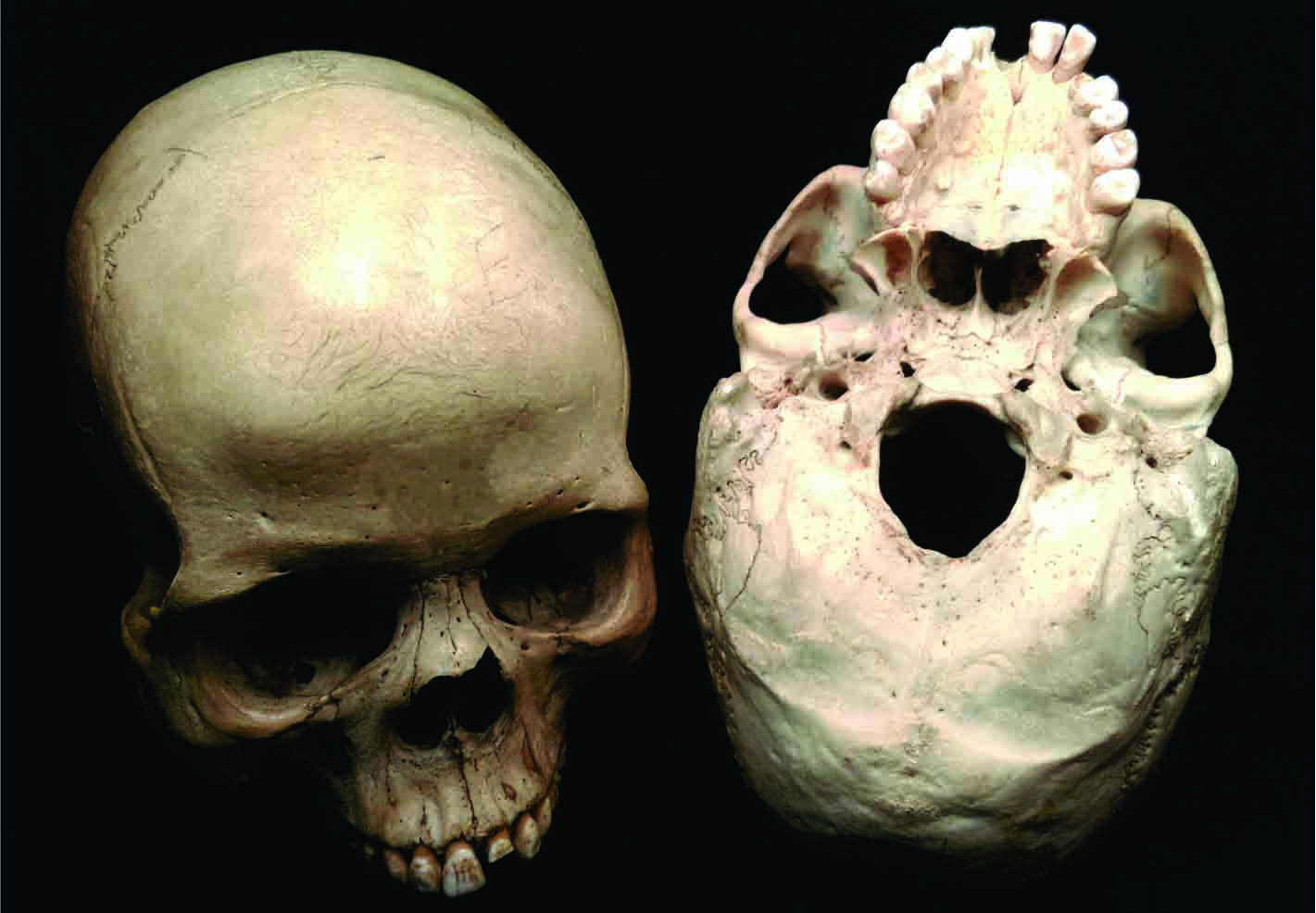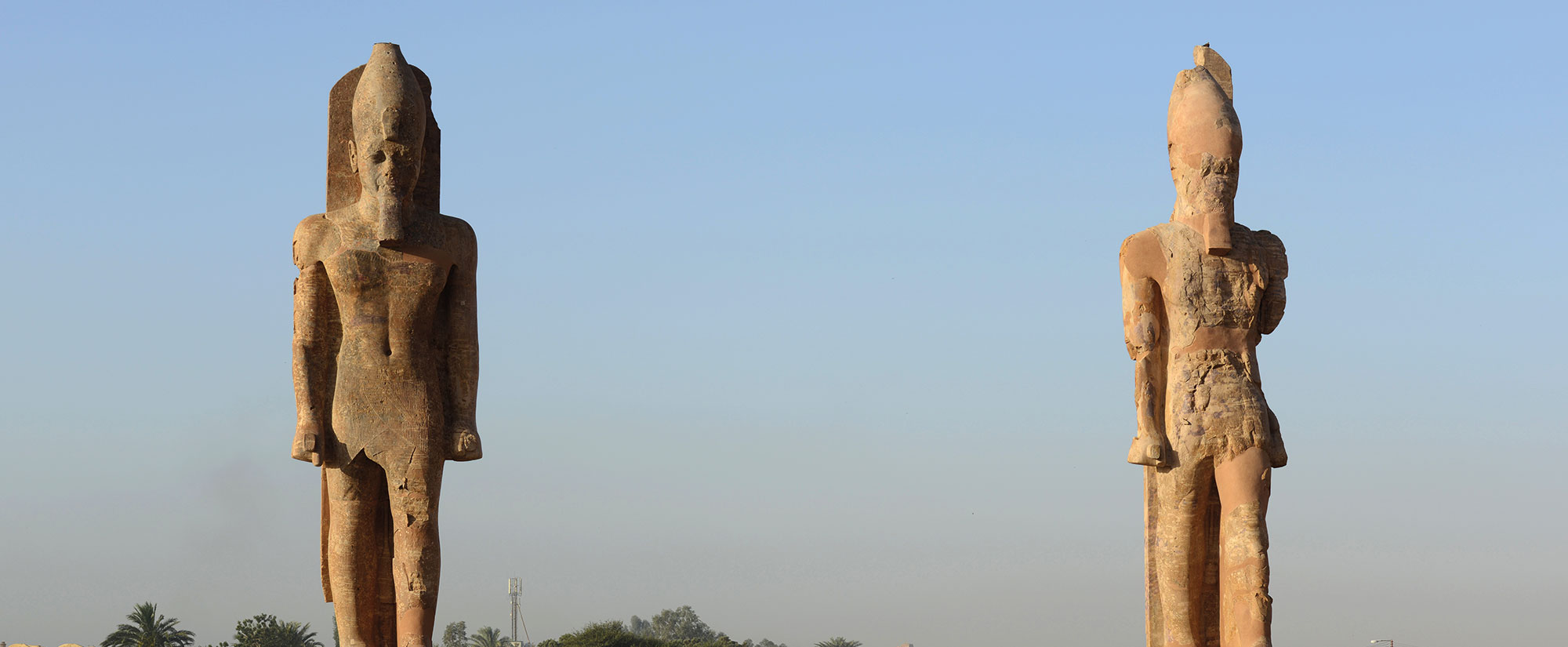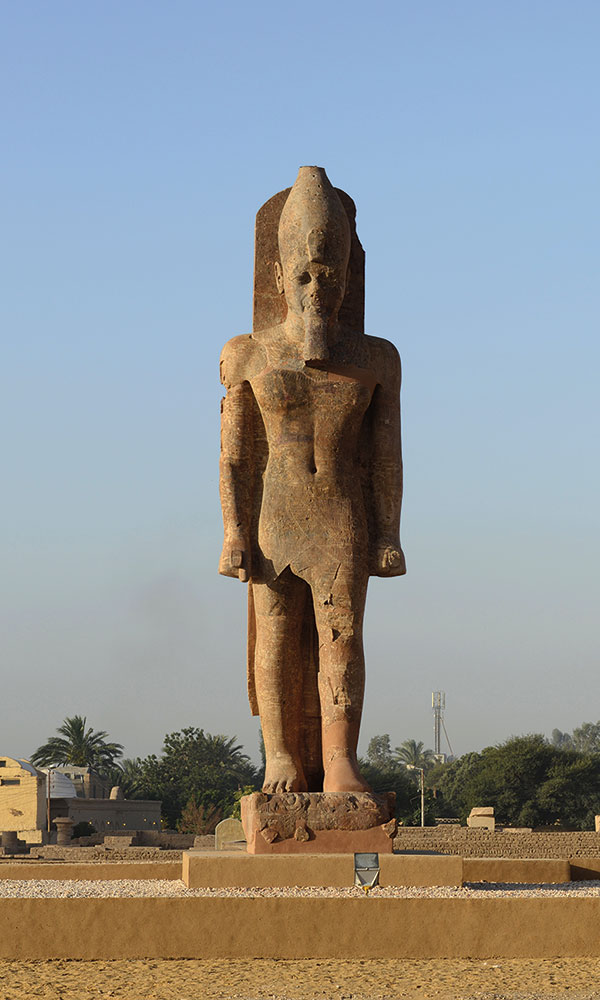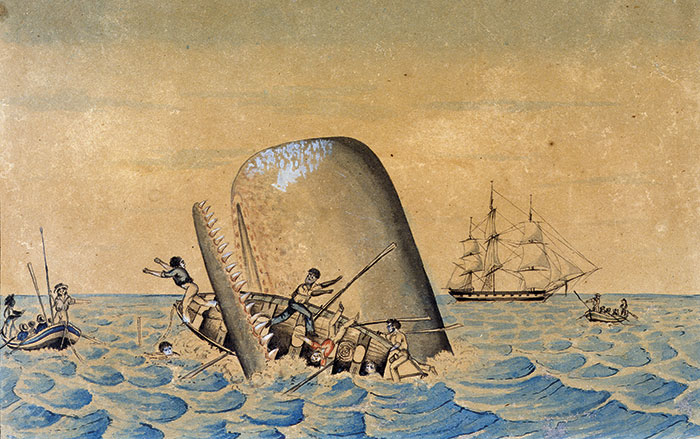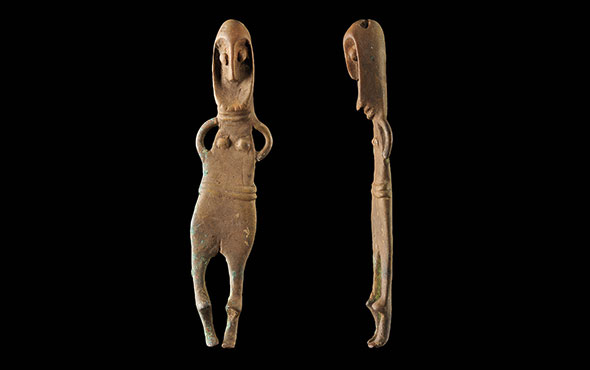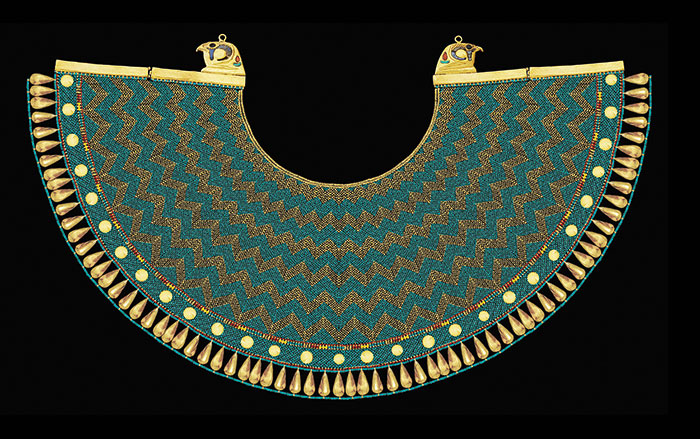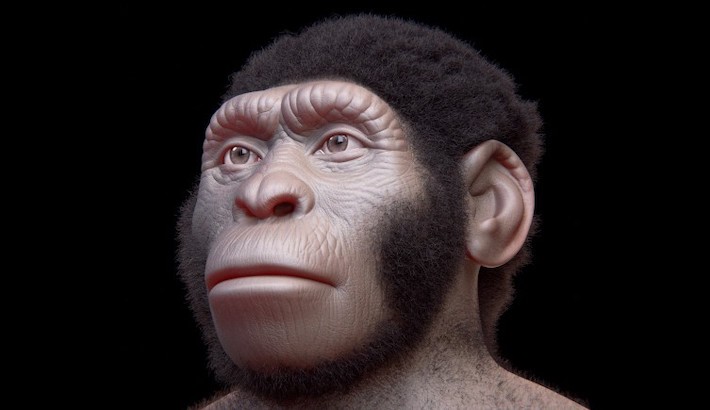
LONDON, ENGLAND—According to a statement released by London’s Natural History Museum, a new study of hominin skulls conducted by Chris Stringer, Laura Buck, and their colleagues suggests that changes in the size and shape of the frontal sinuses, which are small, air-filled cavities located just above the nose, can be linked to the development of the frontal lobe, the part of the brain responsible for speech, emotion, and planning. The researchers created 3-D models from CT scans of the frontal sinuses of 94 individuals from more than 20 species of fossil hominins, and then compared measurements of the structures. They found that Homo erectus, Neanderthals, and modern humans each have a distinct range of sinus size that is directly related to how much space the brain has to grow. They also determined that the sinuses of Homo naledi, a hominin with some prehuman characteristics, were similar to those of Homo erectus. The size and shape of the frontal sinuses could be used to investigate relationships between different species of hominins in future studies, Stringer concluded. Read the original scholarly article about this research in Science Advances. To read more about Homo naledi, go to "Homo naledi," one of ARCHAEOLOGY's Top 10 Discoveries of the Decade.


